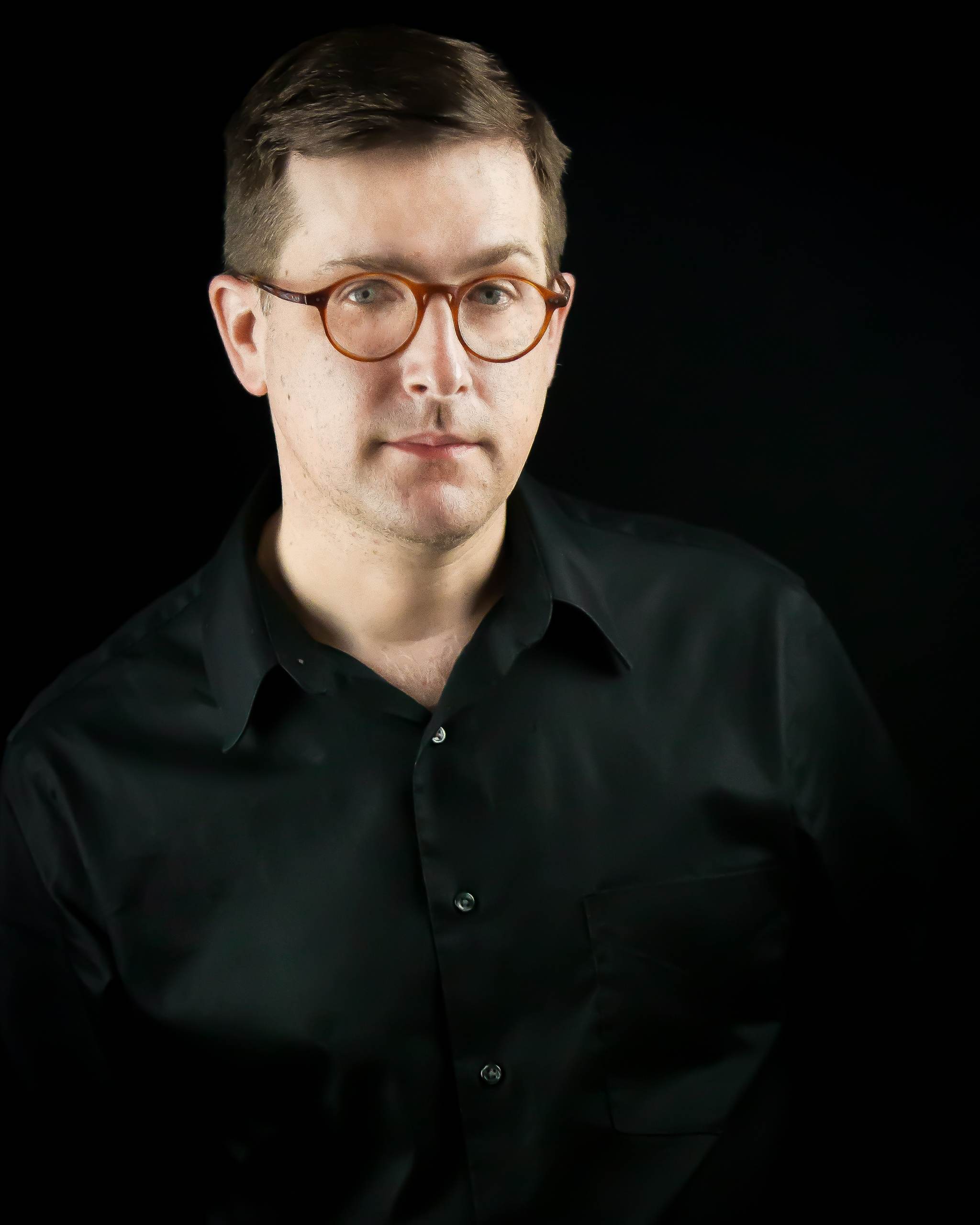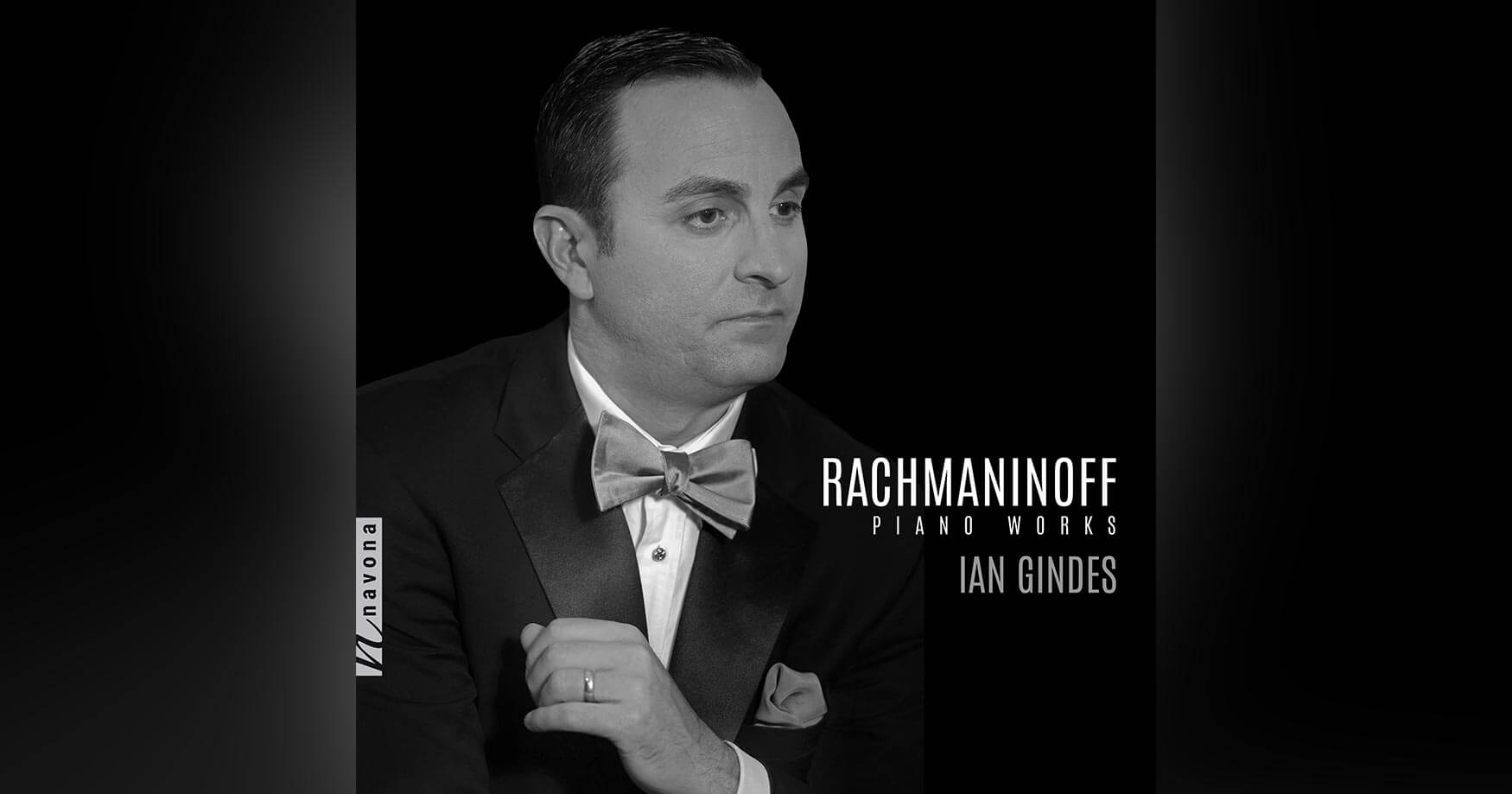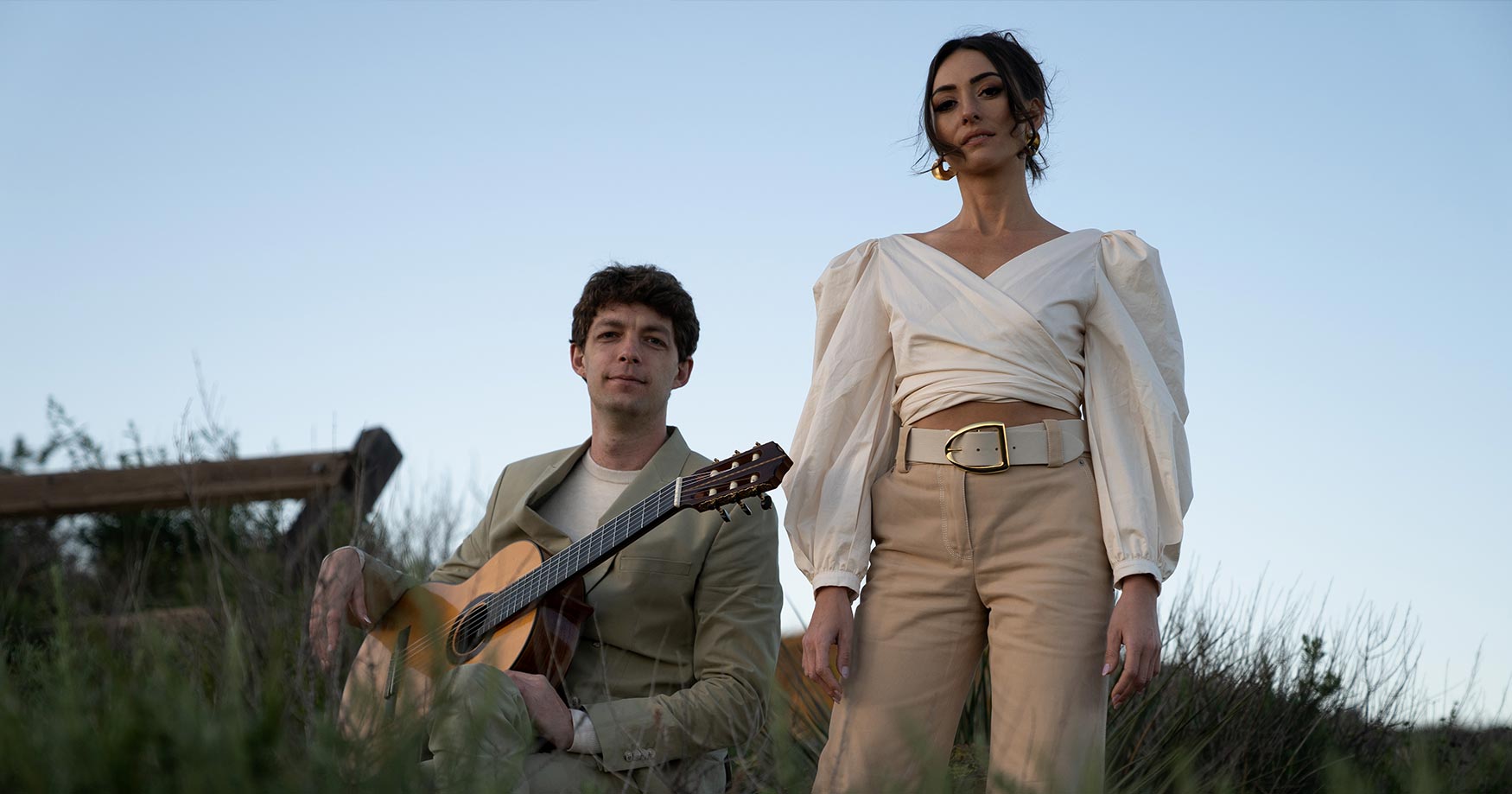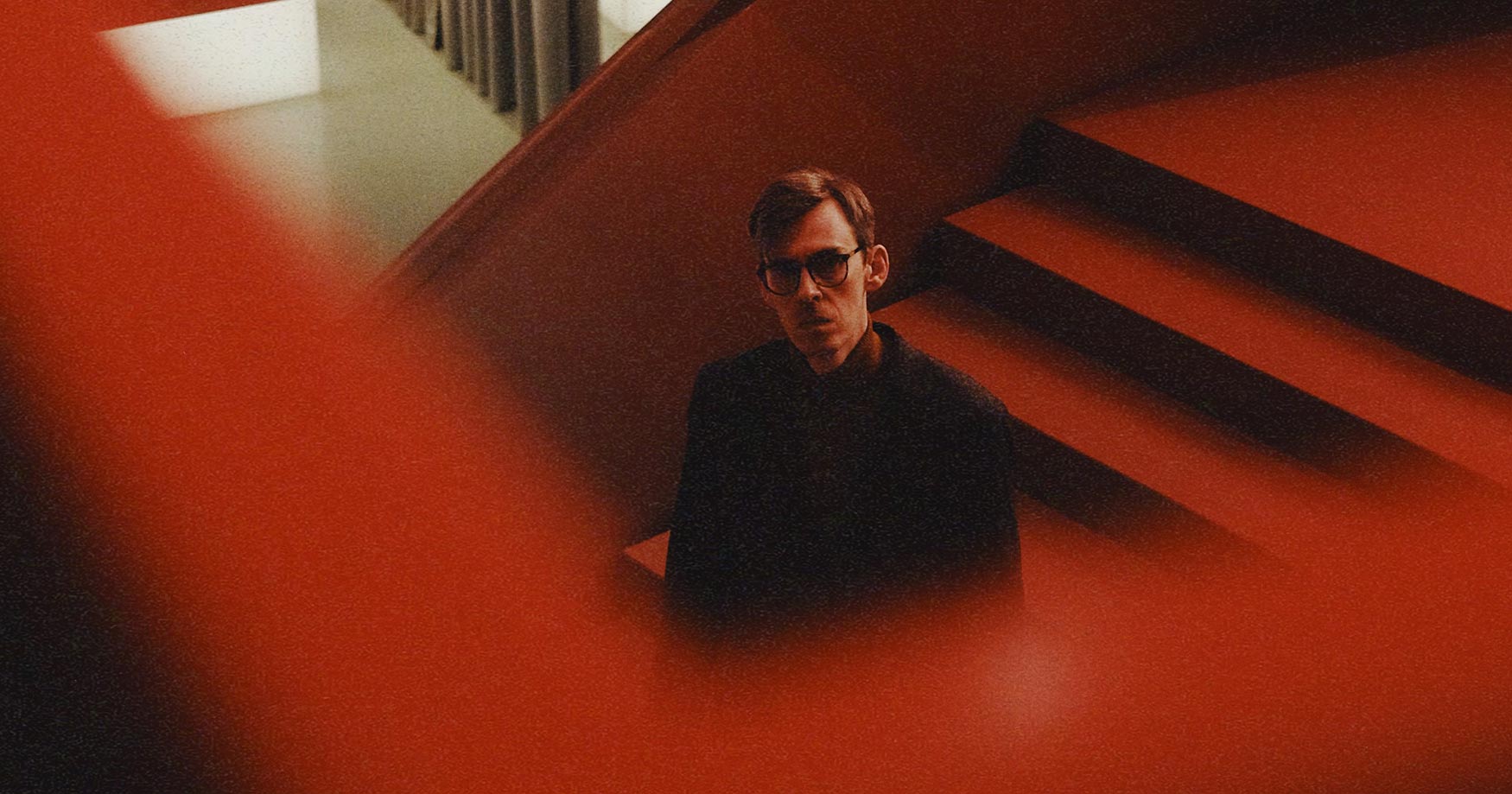David Carpenter was born in 1972 in Poughkeepsie, NY, a city on the Hudson River just north of New York City. He began music lessons on the French horn, for which he wrote his first piece, “The Mourning Dove,” at age 10. He went on to study music at Bates College in Lewiston, ME, where he graduated summa cum laude with his Bachelor of Arts degree in 1994. After private study with composer Herschel Garfein, he pursued graduate work at the Peabody Conservatory, studying with Morris Cotel, and completed his Master of Music degree in 1998. In 2006, he began work on his Doctor of Musical Arts degree as a Presidential Fellow at Temple University in Philadelphia, studying with Maurice Wright. While pursuing his degree, he attended the Aspen Music Festival and School, the Brevard Music Center, and was a fellow at the MacDowell Colony in Peterborough, NH. He completed his D.M.A. in 2011, and has been living in Philadelphia since then.
Today, David is our featured artist in “The Inside Story,” a blog series exploring the inner workings and personalities of our artists. Read on to learn David’s televised guilty pleasure…
When did you realize that you wanted to be an artist?
I think it was around the age of 14. I had been playing the French horn for about four years by then, and I had been making up my own tunes and notating them. I found a real joy in creating music, and figuring out how to combine melody with harmony. I wrote a number of small pieces for piano in high school, and by the time I went to college I knew I wanted to major in music and become a composer. It’s been a very long journey, though, and I think only now, at the age of 46, I think I can say I’m beginning to have a personal voice as an artist. I hope in 20 years or so I’ll be writing the very best music I’m capable of.
What is your guilty pleasure?
I love infomercials. I don’t see myself buying any of the things they advertise, but I’m just fascinated by the demonstrations of the products—whether it’s a knife set or a piece of exercise equipment—and the testimonials people give them. Everything just seems to work right with these products, and everyone’s happy using them, and I find that wonderful. If only life were really like that…
If you could instantly have expertise performing one instrument, what instrument would that be?
I think it would have to be the violin. Just knowing how that instrument works, all the fingerings and bowings and special effects, would be such an asset to my composing. Plus, I imagine a lot of that knowledge would extend to other string instruments, like the viola and cello. And it’s just such a beautiful instrument, with such a fantastic repertory. To have the expertise to be able to play Mozart’s Sinfonia Concertante (one of the greatest pieces of music ever, in my opinion) would be such a thrill.
What does this album mean to you personally?
This album is a culmination almost two years of very hard work—not including the actual writing of the pieces, which was all done before I even thought of doing an album of my music. This is the first time I’ve had my music released commercially and exposed to such a wide audience. It’s funny how you write these pieces in solitude, and wrestle with them for months on end, trying to get them as you want them, and then they’re off into the world and you have no idea how people are going to react to them. I can say that I think this album contains three of the best pieces I’ve written to date, and I hope their craftsmanship and honesty of expression strike a chord in listeners. I think that audiences, when they listen to a piece of music, want to feel a connection to the actual person who created the music, and if there’s that honesty of expression from the composer then the audience will surely know it.
If you could spend creative time anywhere in the world, where would it be and why?
I think it would have to be the Lake District in England. I visited the place on my own in 2003, and you’ve just never seen such spectacular natural beauty. You’re free to just wander through the countryside, coming across one gorgeous vista after another. I think it would really inspire me to write a piece as a reflection of my feelings for this place—sort of like Beethoven and his Pastoral Symphony. I think it’s wonderful that the English have preserved this area for all people from the world over to enjoy. It’s no wonder that the Romantic poets loved it there, and that it inspired them to write great poetry.
What was your favorite musical moment on the album?
There’s a moment in the song cycle From the Valley of Baca, in track 7, I’m very fond of. The baritone is singing (in Hebrew) the words, “Who passing through the valley of Baca make it a well; the rain also filleth the pools”—and the piano is playing falling notes. I like it very much because it evokes the idea of rain falling from the sky, and it has such a tranquil feeling. I love to use music to paint the words of a text, and I think this is a moment where the words and music come together in a very effective way.
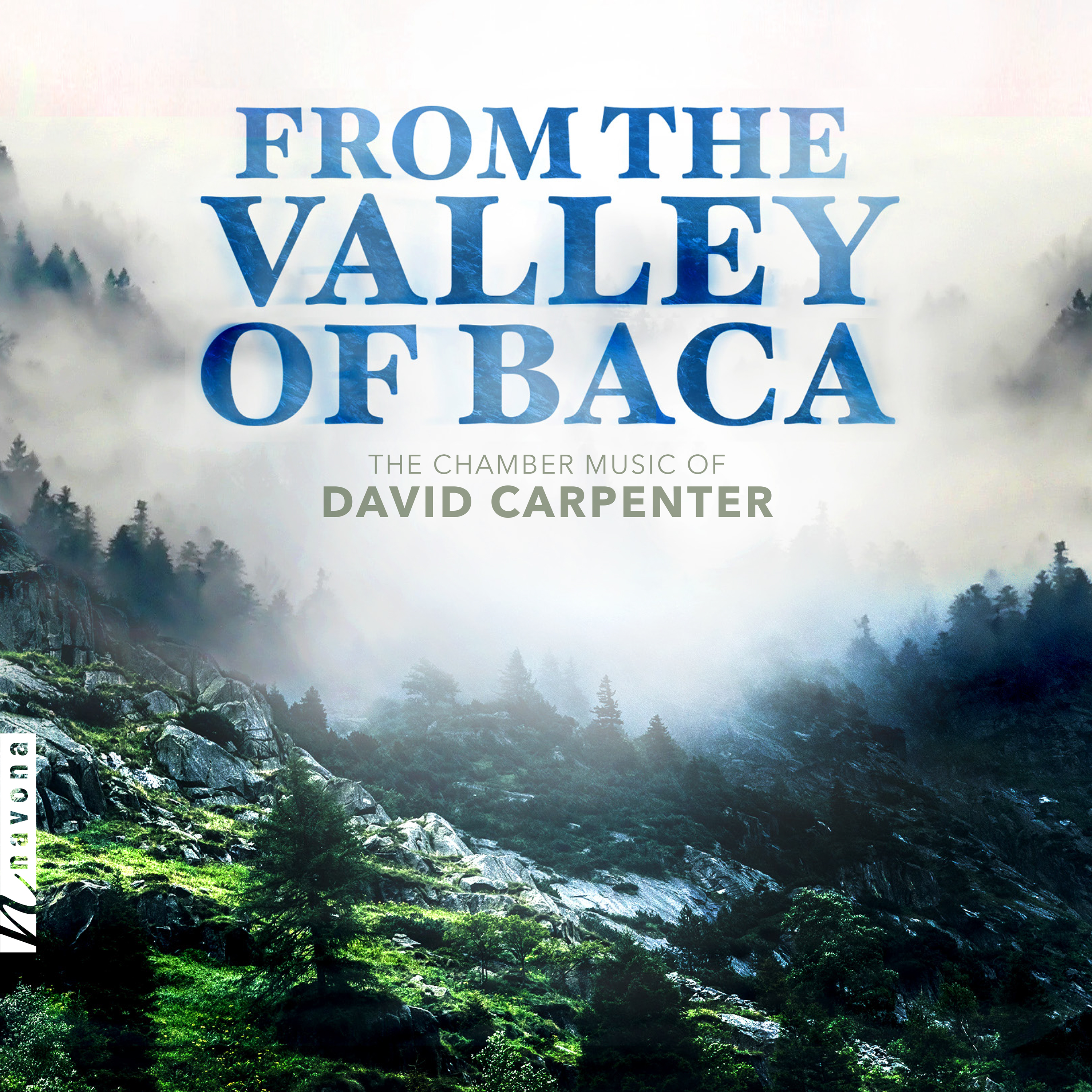
FROM THE VALLEY OF BACA is now available through Navona Records for streaming or purchase. Click here to explore this new album.
